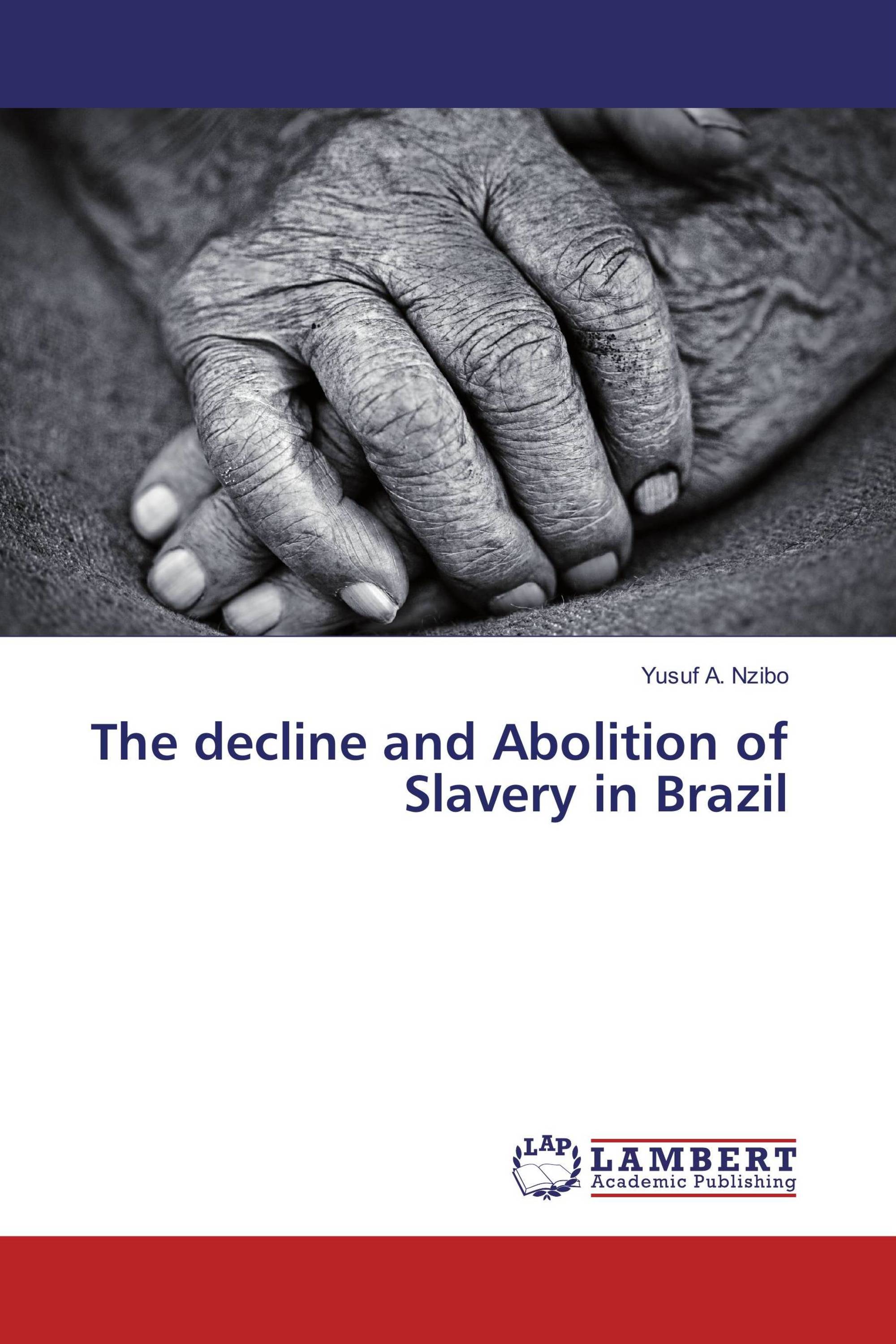The decline and Abolition of Slavery in Brazil
LAP Lambert Academic Publishing ( 2017-08-08 )
€ 33,90
Brazilian slavery was deeply rooted thus no vigorous anti-slavery movement developed before 1880. Opposition to the institution remained weak, sporadic, and generally inspired from abroad. Abolitionist campaigns, slave revolts, and upheavals led to the rapid collapse of slavery after 1887. In the 1860's and 1870's "cracks in the facade" of the institution of slavery were apparent. These widened after 1887 with the spread of slave revolts in São Paulo and Rio de Janeiro where slaves were in high demand. Economic and demographic factors also worked against the survival of the institution especially in the northwest parts of the country. In the prosperous coffee provinces of Rio de Janeiro, São Paulo and Minas Gerais it was the force of slave revolts and the Abolitionist movement that brought the institution to its knees. Slaves played an important role in undermining the institution through rebellions, violence and mass flights from the plantations, Freedom and equality for free Afro-Brazilians remained an illusion for many decades past the abolition of slavery in 1888. Many Afro-Brazilians after emancipation remained unemployed, took to heavy drinking and languished in poverty.
Book Details: |
|
|
ISBN-13: |
978-620-2-01595-0 |
|
ISBN-10: |
6202015950 |
|
EAN: |
9786202015950 |
|
Book language: |
English |
|
By (author) : |
Yusuf A. Nzibo |
|
Number of pages: |
132 |
|
Published on: |
2017-08-08 |
|
Category: |
History |




